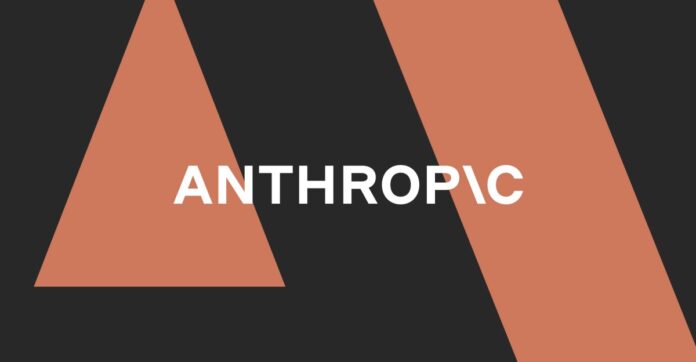Introduction to the Controversy
Anthropic, a company at the center of a legal battle with music publishers, has responded to allegations that it used a fabricated source created by artificial intelligence (AI) in its legal filings. The company’s defense team claims that the incident was an "honest citation mistake" made by its Claude chatbot.
The Incident Unfolds
In a recent filing, Anthropic’s defense attorney, Ivana Dukanovic, explained that the scrutinized source was genuine, but the Claude chatbot had been used to format legal citations in the document. Although incorrect volume and page numbers generated by the chatbot were caught and corrected during a manual citation check, wording errors had gone undetected. This led to the inclusion of an inaccurate title and incorrect authors in the citation.
Details of the Error
Dukanovic clarified that while the citation provided the correct publication title, publication year, and link to the source, it included an inaccurate title and incorrect authors. The company views this as "an embarrassing and unintentional mistake" rather than a deliberate attempt to fabricate authority. Anthropic has apologized for the inaccuracy and confusion caused by the citation error.
Broader Implications
This incident is not an isolated case. It is part of a growing trend where the use of AI tools for legal citations has led to issues in courtrooms. For instance, a California judge recently rebuked two law firms for failing to disclose that AI was used to create a supplemental brief containing "bogus" materials that "didn’t exist." Moreover, a misinformation expert admitted that ChatGPT had hallucinated citations in a legal filing he had submitted. These examples highlight the challenges and potential pitfalls of relying on AI for legal work, particularly when it comes to citations and the accuracy of sources.
Conclusion
The use of AI in legal proceedings, while promising in terms of efficiency and speed, poses significant challenges, especially concerning the accuracy and reliability of citations. The incident involving Anthropic and its Claude chatbot underscores the need for rigorous checks and balances when AI tools are used for legal work. It also calls for a broader discussion on the ethical use of AI in legal contexts to prevent similar mistakes and ensure the integrity of legal proceedings. As technology continues to evolve, it’s crucial for legal professionals and tech companies to work together to establish clear guidelines and standards for the use of AI in legal work.

